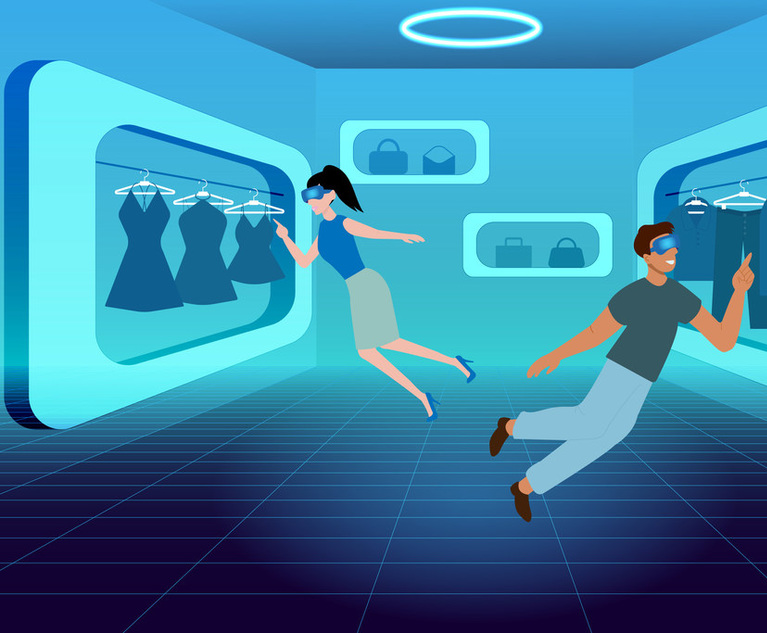Digital immersive experiences have become increasingly popular among users of all ages and backgrounds. These experiences take place in a virtual world: the “metaverse.” The term metaverse means a three-dimensional version of the Internet where users can access virtual shops, branded goods, and services such as concerts, sporting events, classes and other immersive experiences through a virtual reality headset.
As a prolific emerging technology, the metaverse creates financial opportunities while raising complex legal issues. With the rise of NFT technologies and amateur and professional gaming, consumers in the digital space seek branded luxury goods, whether real, digital or both. For example, creating virtual “apparel” for digital characters or avatars combined with real-world products has been an effective marketing tool for brands. However, these new technologies are forcing brand owners to implement registration and enforcement strategies to protect their intellectual property rights in the metaverse.


 Credit: Cihangir Stock/Adobe Stock;
Credit: Cihangir Stock/Adobe Stock;




